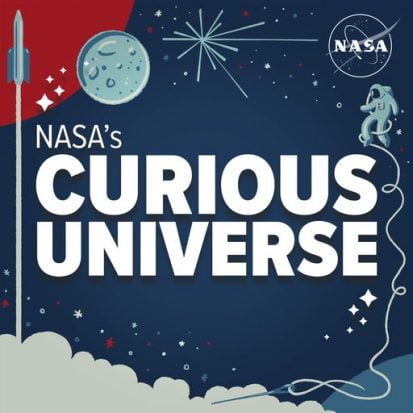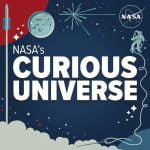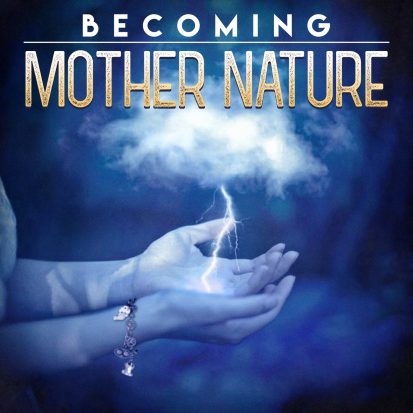NASA’s Curious Universe
Our universe is a wild and wonderful place. Join NASA astronauts, scientists, and engineers on a new adventure each week — all you need is your curiosity. Visit the Amazon rainforest, explore faraway galaxies and dive into our astronaut training pool. First-time space explorers welcome.






